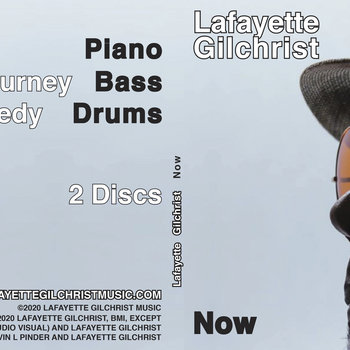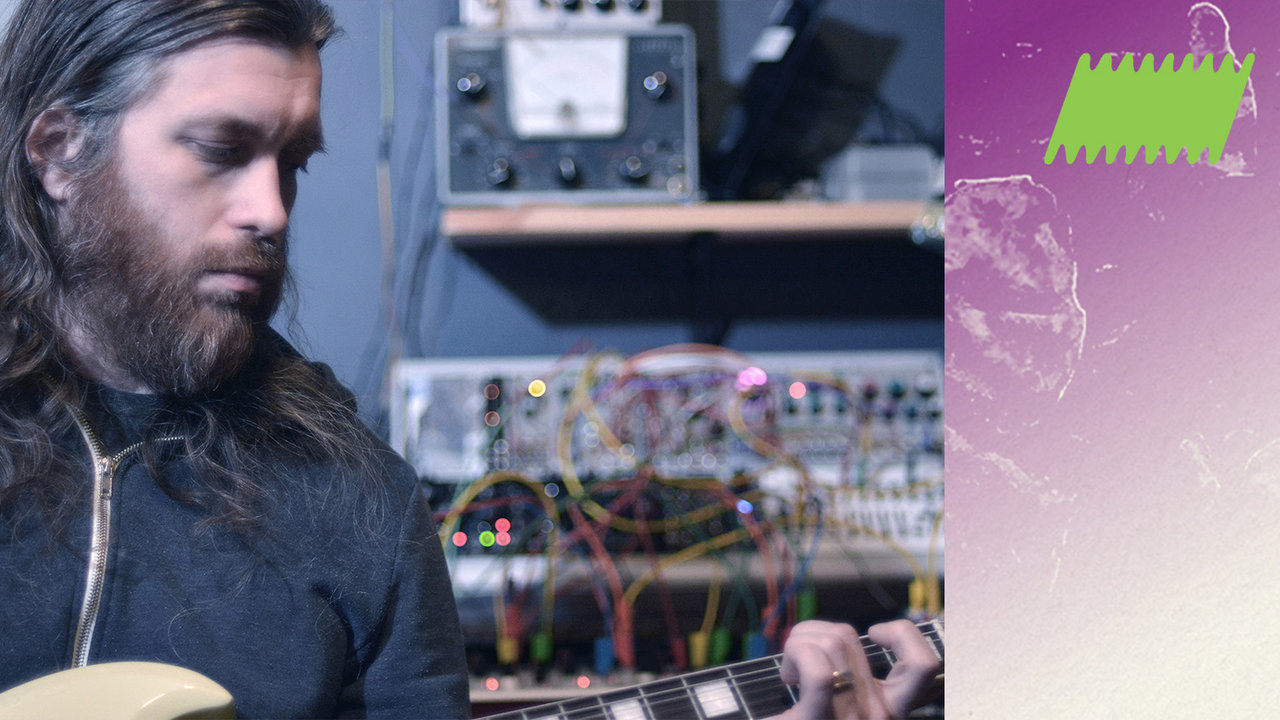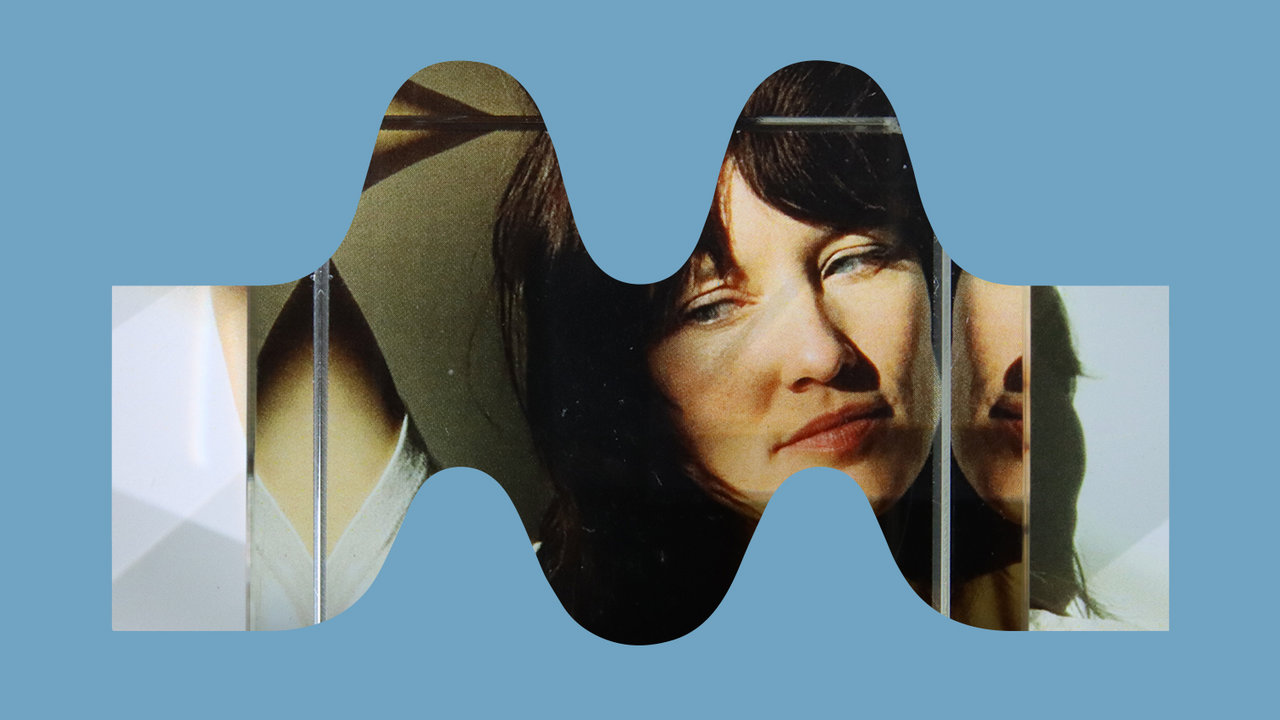 Photo by Michael A Torres
Photo by Michael A Torres
“Life has a lot of dissonance,” says pianist and composer Lafayette Gilchrist. He’s speaking in the middle of a long summer where art, music, and life itself was filled with exactly that. The fact that dissonance, he continues, brings together opposing elements—sadness and pleasure; simplicity and sophistication—to create something beautiful is “a huge part of Black American culture.” It’s those elements that he brings to his newest release, the double album Now.



Compact Disc (CD)

On Now, Gilchrist explores his journey as an artist—a journey that began in Washington, D.C. “I made a decision,” Gilchrist says. “My jazz language was not going to be ambiguous about where I grew up.” That meant incorporating the sounds of his city—funk, jazz, house, hip-hop, and go-go, an R&B subgenre beloved in Gilchrist’s hometown. That sound, and that reverence for the music that shaped him, finds its way into several of the pieces, including the joyful, funk-influenced “Rare Essence.”
“My first jazz exposure was Chuck Brown,” Gilchrist says. “It was impossible for me not to work from that aesthetic.” A later move to Baltimore, where he now lives, only added to his contemporary influences. “There was a lot of rich stuff going on pop-music-wise, and using jazz language to address that—I just thought being in my generation, in my age group, that’s kind of what we were supposed to do.” He’s made this part of his process. “I’m fascinated with the idea of combining influences,” he says, “but funneling it into a personal style—a distinctive style.”

Compact Disc (CD)

The fact that Gilchrist brings his city’s aesthetic into his music has earned him a famous fan—writer David Simon. Now features a rework of Gilchrist’s “Assume the Position,” versions of which have appeared on Simon’s shows The Wire and The Deuce. But Gilchrist is partial to his latest rendition. “I think it’s one of my best,” he says. “Especially what Eric [Kennedy] does on drums. He brings out an element of excitement that I almost wasn’t ready for.”
Being well-versed in what’s new doesn’t mean that Gilchrist isn’t interested in what came before. Jazz, sometimes to a fault, is a genre that relies on its history. “I learned from all the great grandmasters, like Thelonious Monk. I mean, he’s a groundbreaker on the one hand, but he’s [also] a roots man. He’s rooted in Eubie Blake and Duke Ellington.” The idea that the past and the present need to coexist in his music was always something Gilchrist focused on, as evidenced on a piece like “The Wonder of Being Here,” where the music stretches across the genre’s timeline to celebrate what Gilchrist calls the “times when you contemplate just being alive in the world. Alive and connected to another person.”
Though Now is a personal work for Gilchrist, it’s hardly a solitary effort. Getting drummer Kennedy and bassist Herman Burney on the recording was “a coup,” he says. The two had been playing together across projects for years and, he adds with a laugh, “it was almost like I was joining them.” But when it came to the work, “it was so easy. We don’t have to have a whole lot of conversation about what we play.” The three got along, Gilchrist explains, talking about everything from their social lives to politics, but “The last thing we have to talk about is the music we’re getting ready to play.” For Gilchrist, it’s not about conversation, it’s about feeling. It’s about what each player adds to each composition, how they build it, edit it, shape it. “There’s always a negotiation in jazz,” Gilchrist explains. “And that’s undergirded by a solid understanding of the language.” And whether that language is jazz, world music, or hip-hop, Gilchrist says, “I just had to trust what they were going to do.”

Compact Disc (CD)

That trust, in both his bandmates and himself, has led to Gilchrist creating what he feels is a mature and seasoned effort. “I look back on my catalog, and can stand behind it, but moving forward it’s more rounded out,” he says. The work is a reflection of an artist who also considers himself a constant student. Says Gilchrist: “[Saxophonist] David Murray told me ‘Remember you’re a craftsman working on your craft.’ I just keep my head down and work on it. I’m on my journey, and this is what I have so far. I’m at it everyday.”







